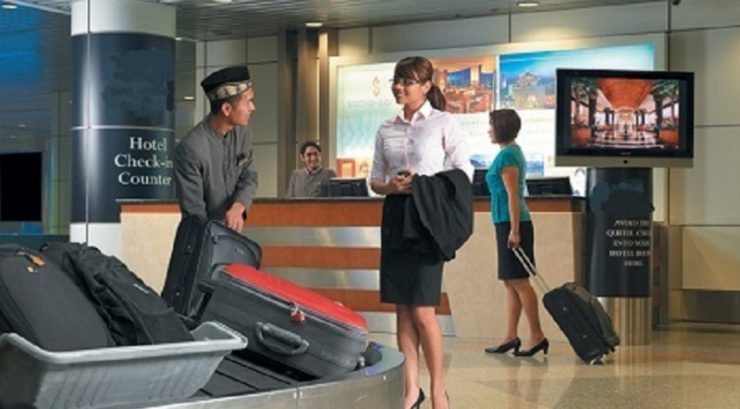INDONESIAN Hotel and Restaurant Association (PHRI) said that relaxation in the form of incentives or assistance for Human Resources (HR), especially workers in the tourism sector, was still needed in the midst of the COVID-19 pandemic considering the government again revised and cut the number of holidays in Indonesia.
According to the Secretary General of the Central PHRI, Maulana Yusran said that PHRI understood that the holiday was cut as a government policy in the midst of handling the SARS-CoV-2 virus, although the government also had to pay attention to the economic conditions of the labor force in the tourism sector which were hampered.
“We always obey the rules, we definitely follow. Cutting holidays, but of course, hampers the potential for (economic) growth, in reality this condition is difficult to keep tourism sector employees awake. Therefore, we are still proposing that relaxation should be given so that they can survive,” said Maulana.
He gave an example of other countries such as Australia, workers in the tourism sector are given funds to stay at home so that when large-scale activity restrictions or lockdowns are imposed, workers in that sector persist. The same thing is also known to be implemented in a close neighbor country of Indonesia, namely Singapore.
“The relaxation can still be in the form of routine assistance or necessities, at least for daily activities it is important, especially in the tourism sector which is heavily affected by the impact. It is hoped that this will continue to be a concern as well,” Maulana noted.
Relaxation at the beginning of the pandemic, PHRI had proposed to the government in the form of relaxation of room occupancy for hotels. This is intended so that business actors can survive and help their workers to be able to support themselves for their daily lives.
However, with this condition, it is hoped that the government can immediately provide assistance to workers in the tourism sector in order to ease the burden on business players in the tourism sector.
When referring to data from the Central Statistics Agency (BPS), in the period before the COVID-19 pandemic there were around 600 thousand workers engaged in the tourism sector. As a result of the COVID-19 pandemic, as many as 60% or around 400 thousand employees in the labor sector are no longer able to work due to restrictions on community activities. [antaranews/photo special]
















